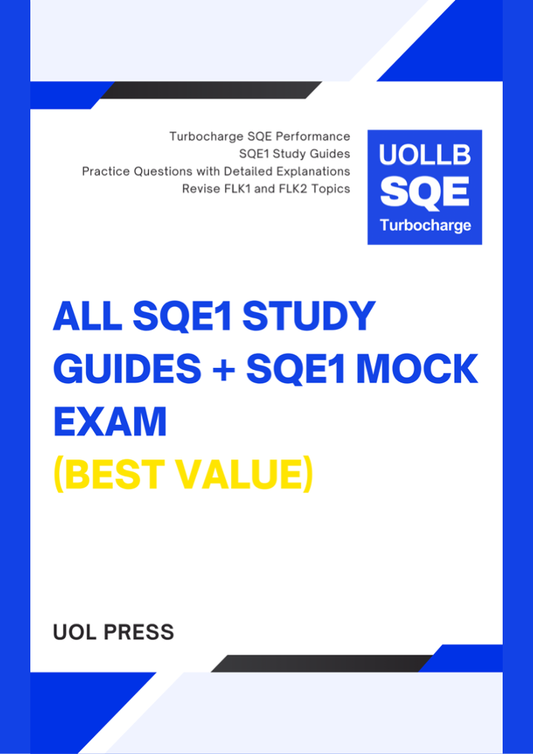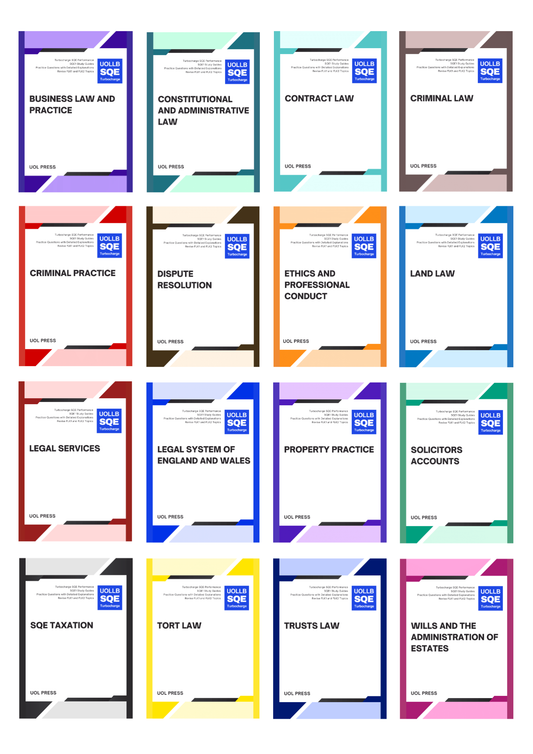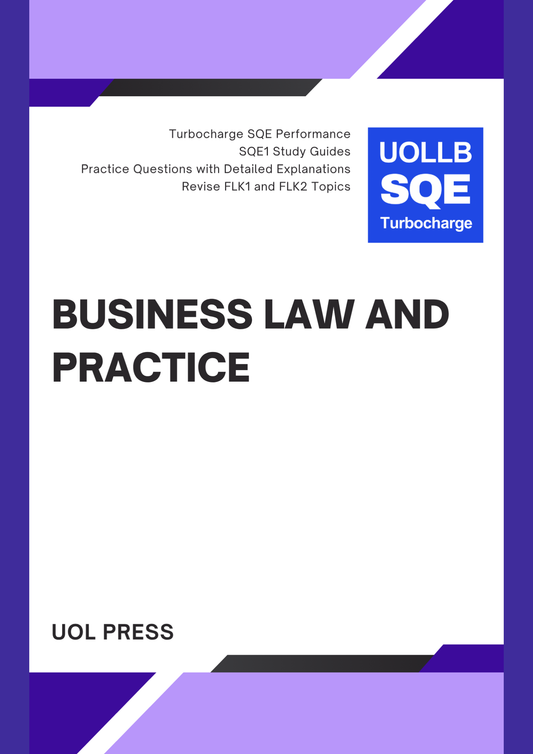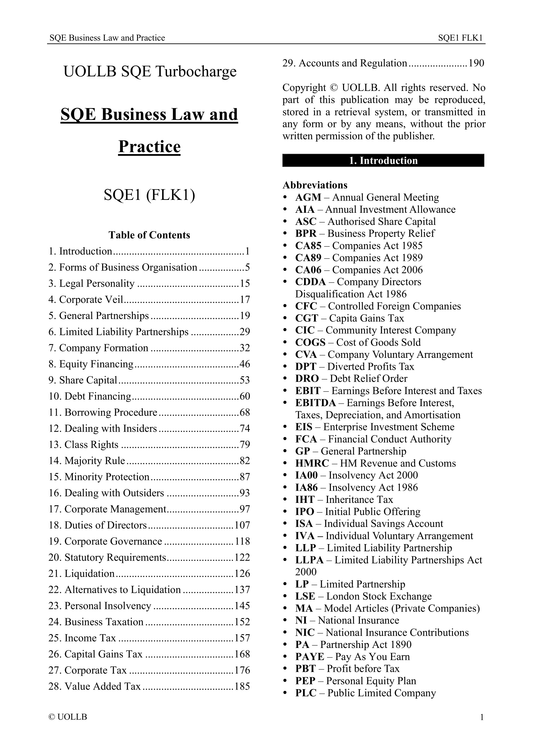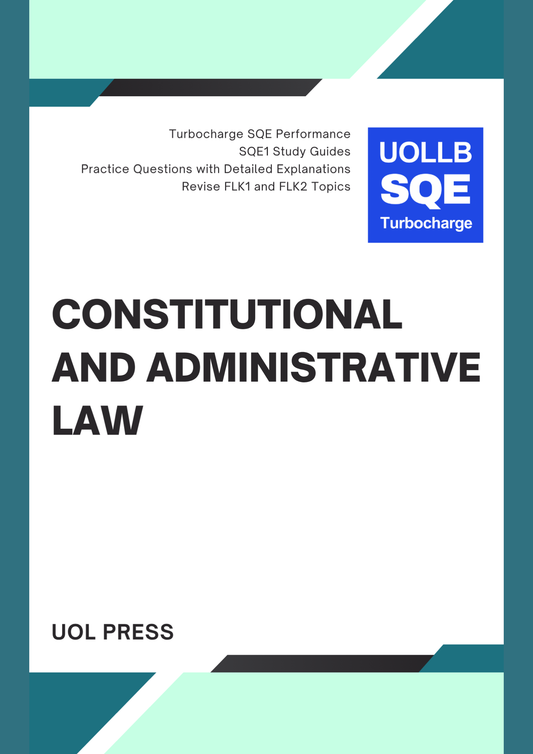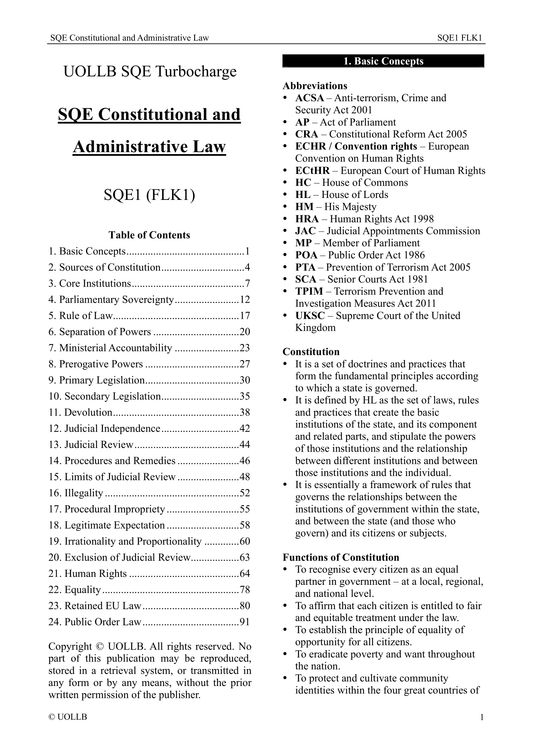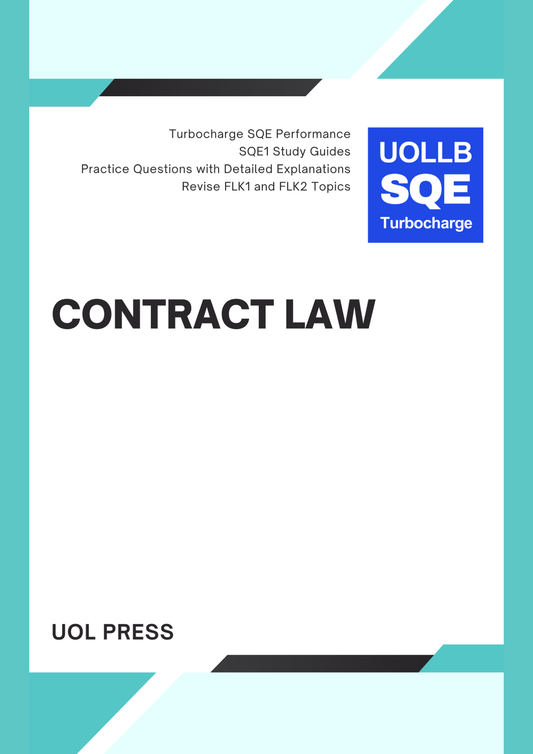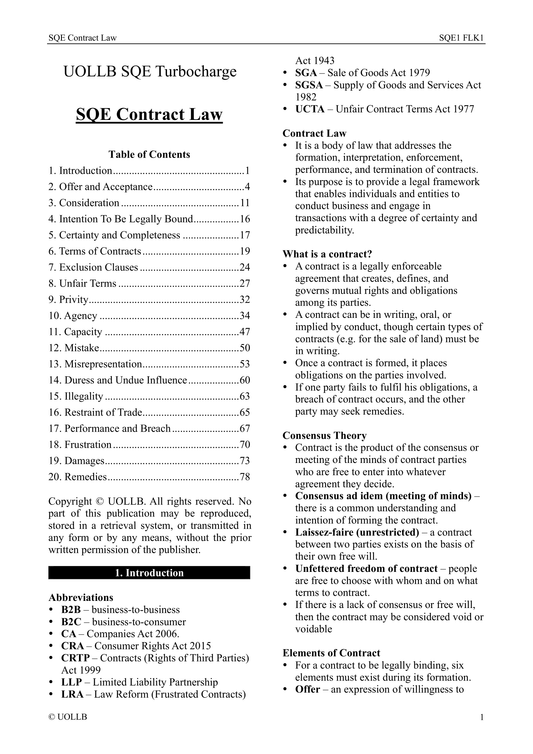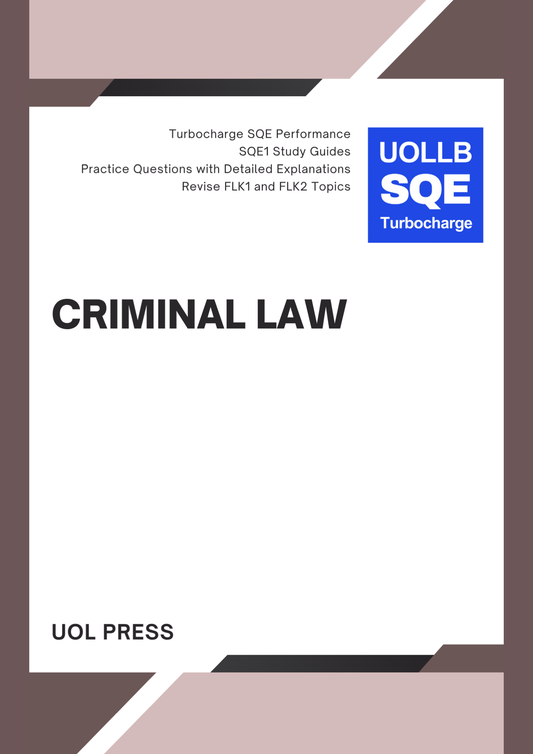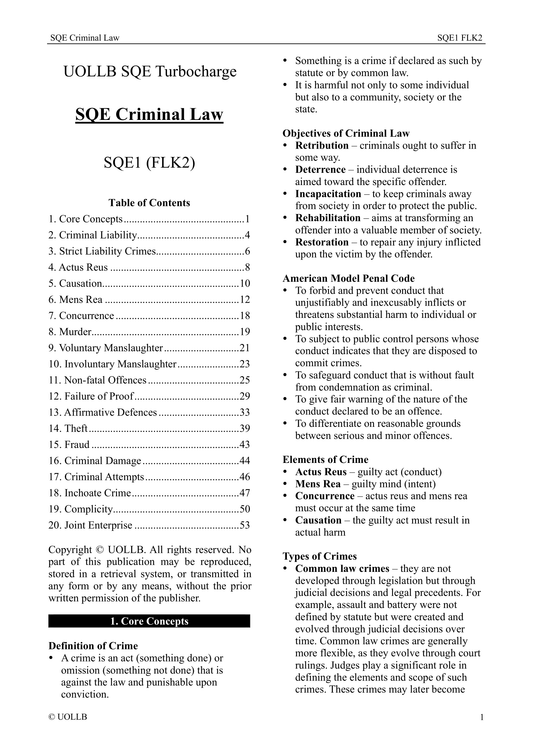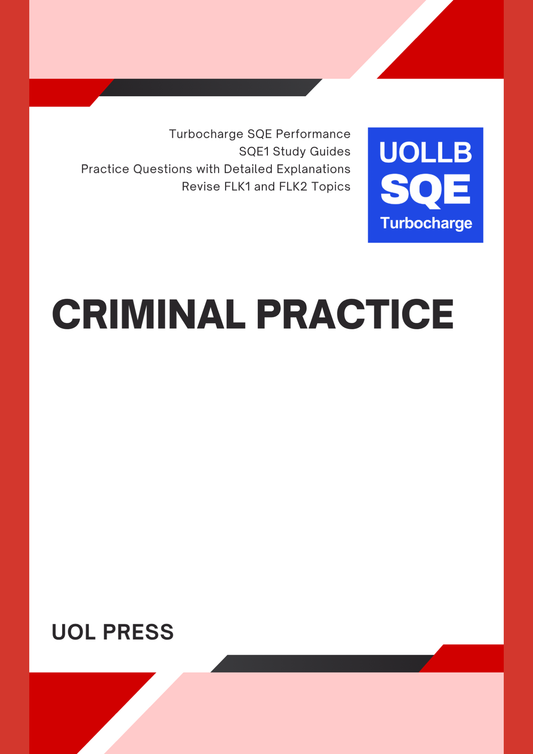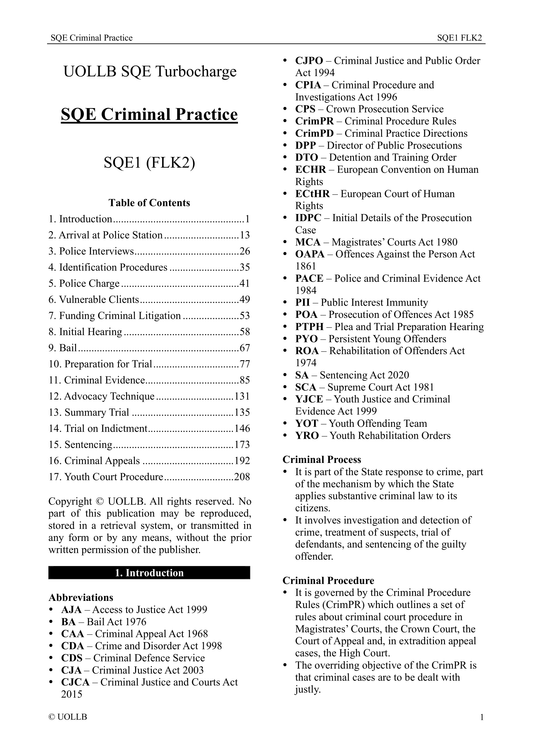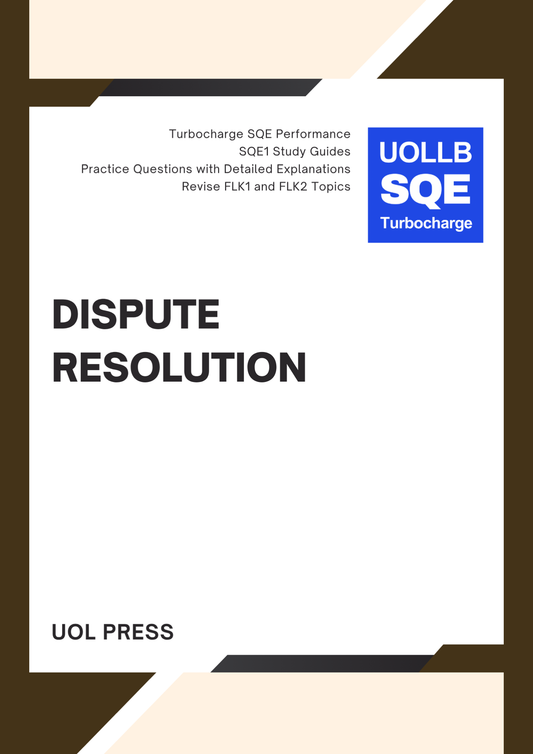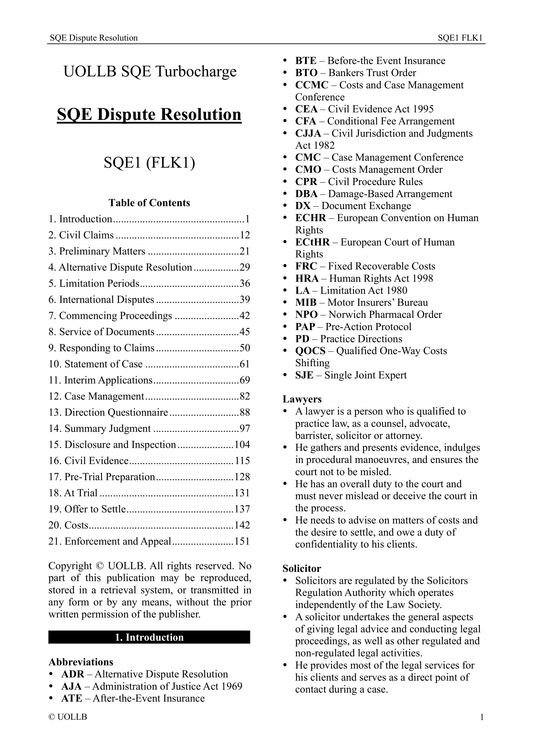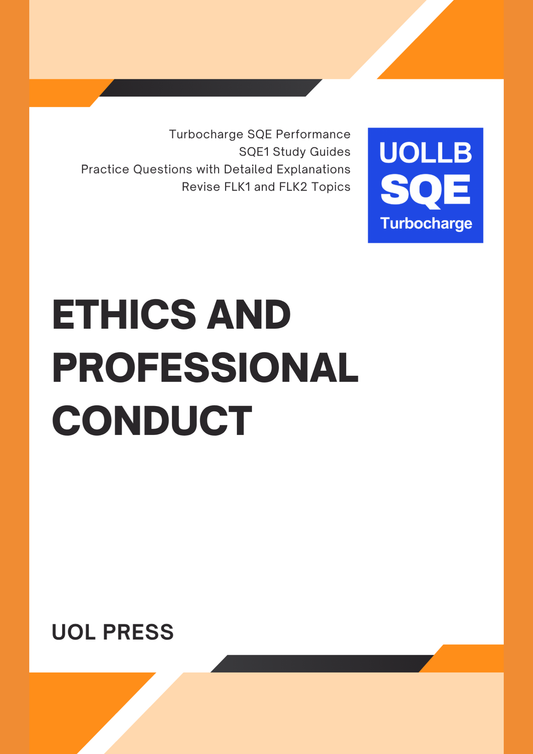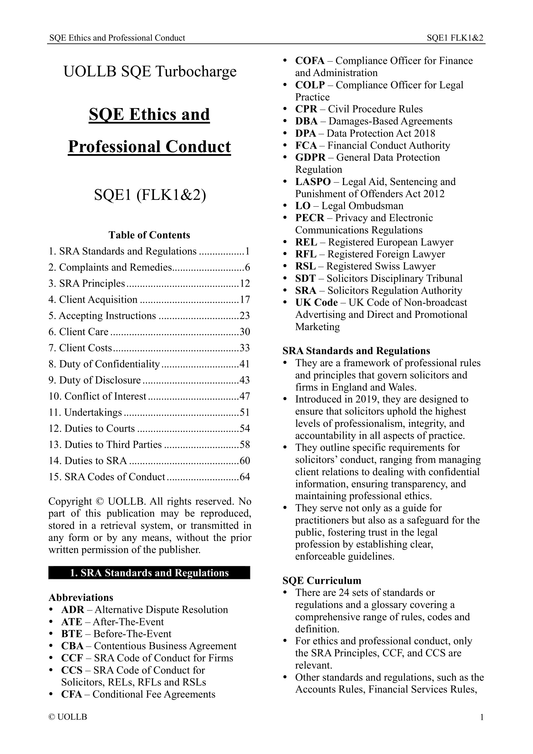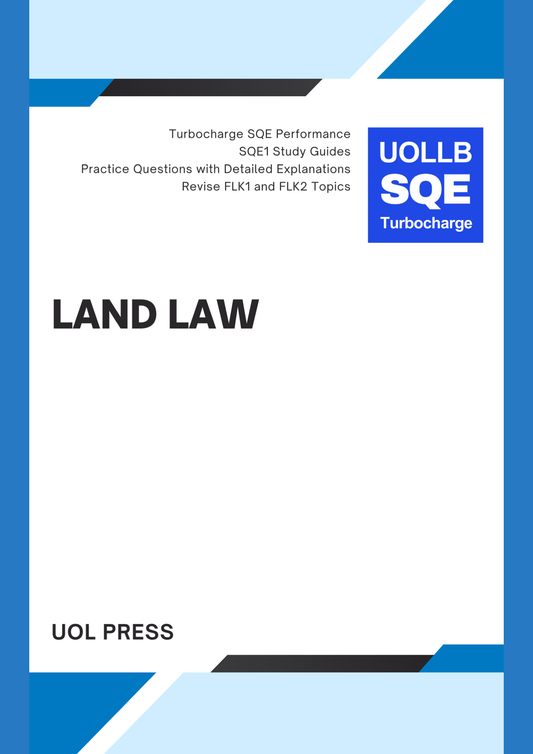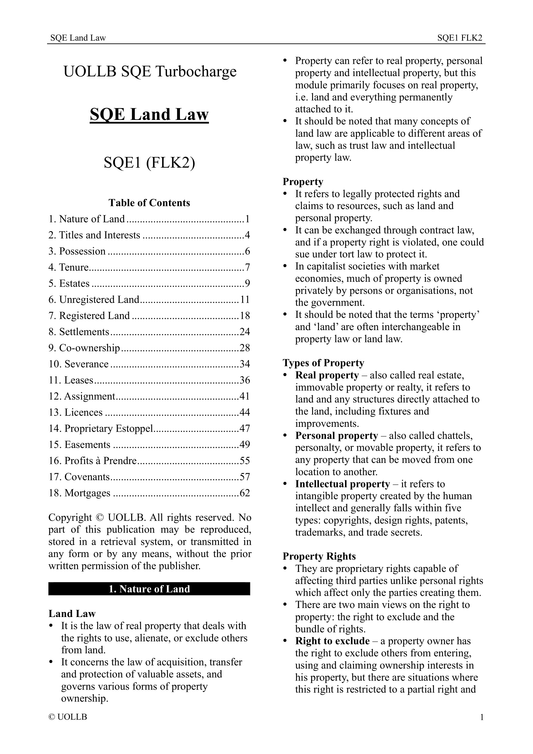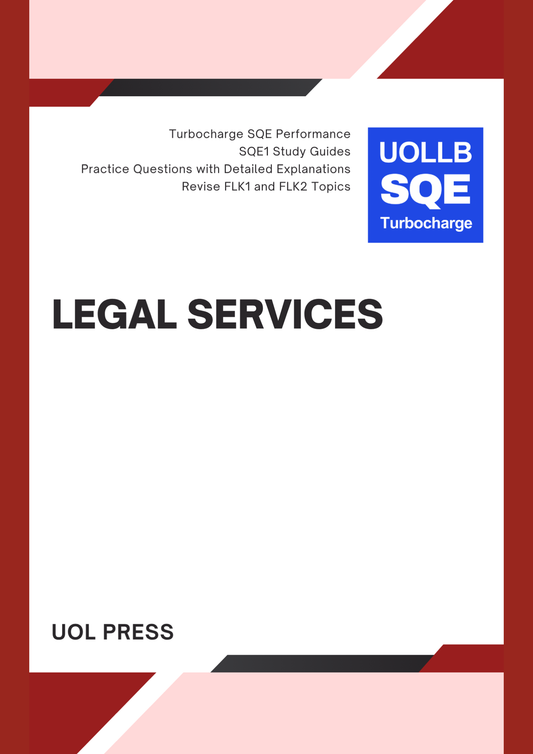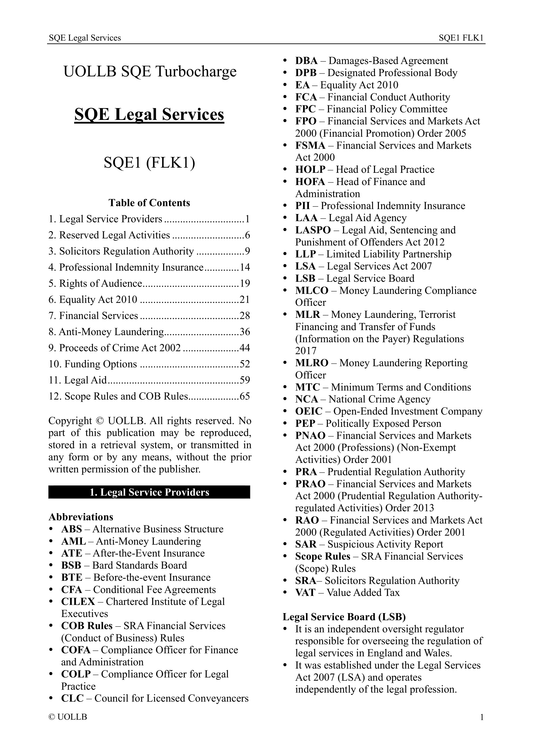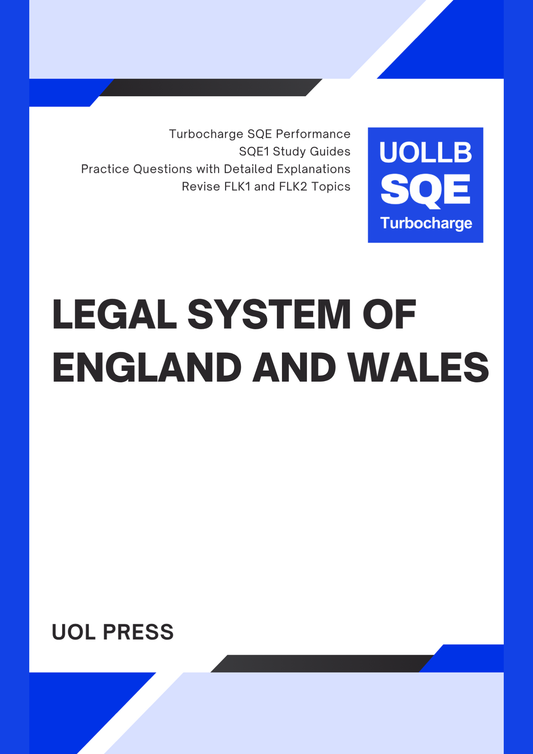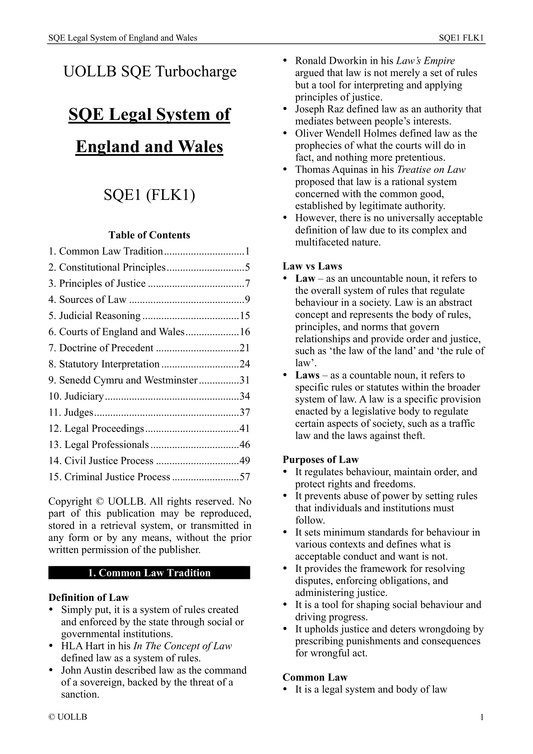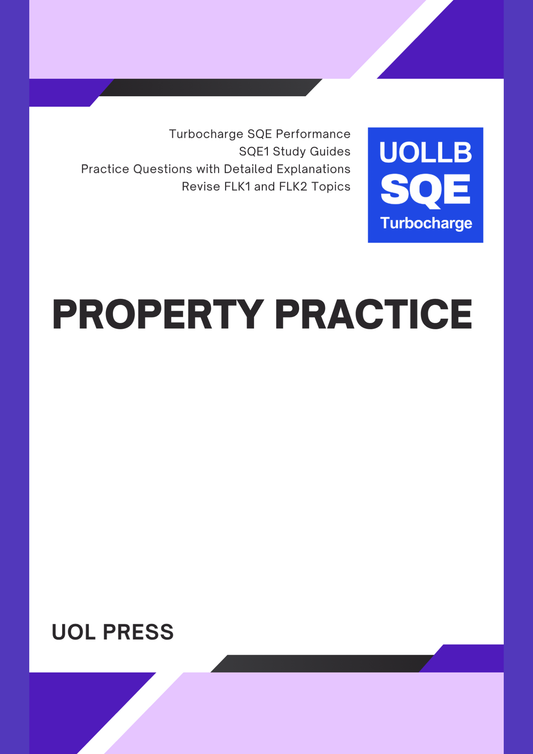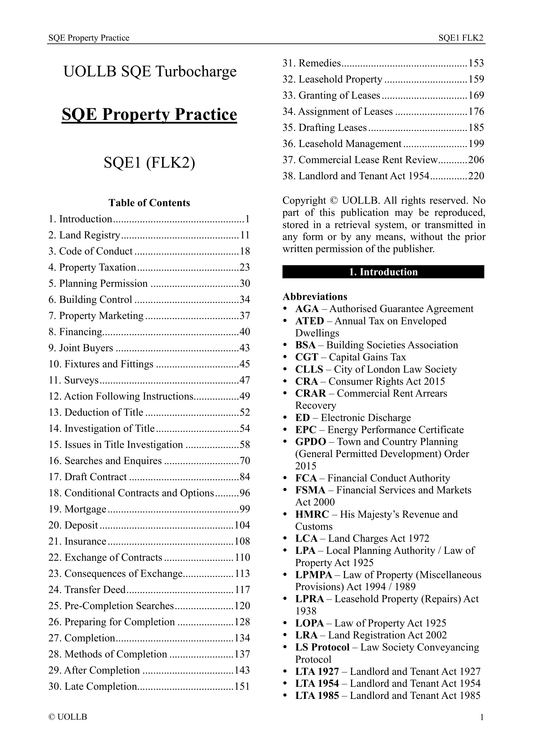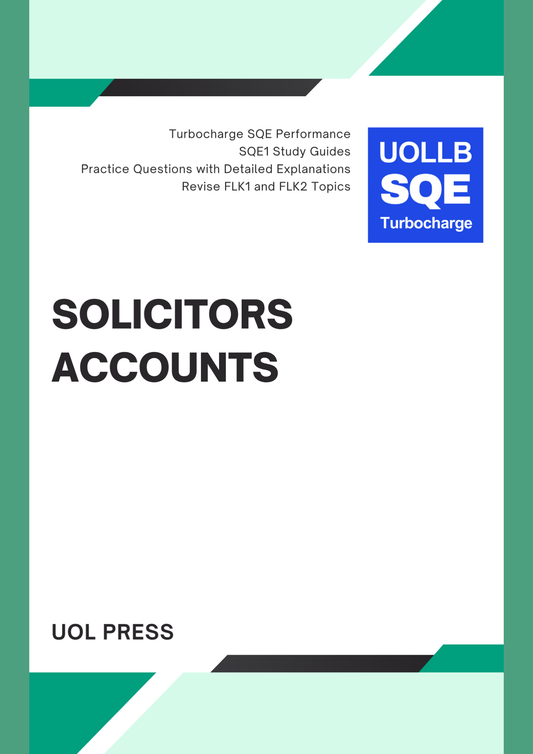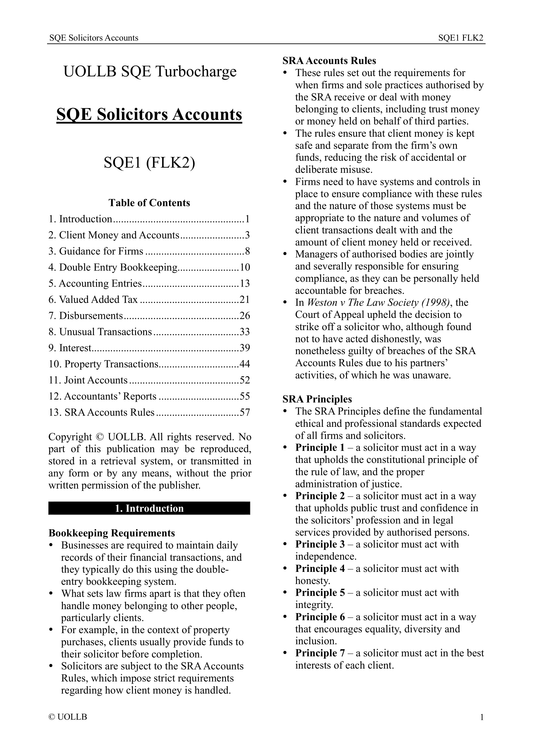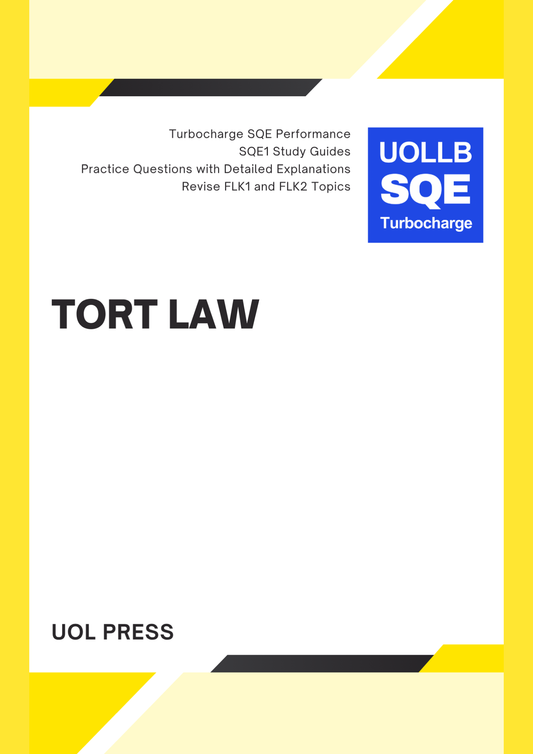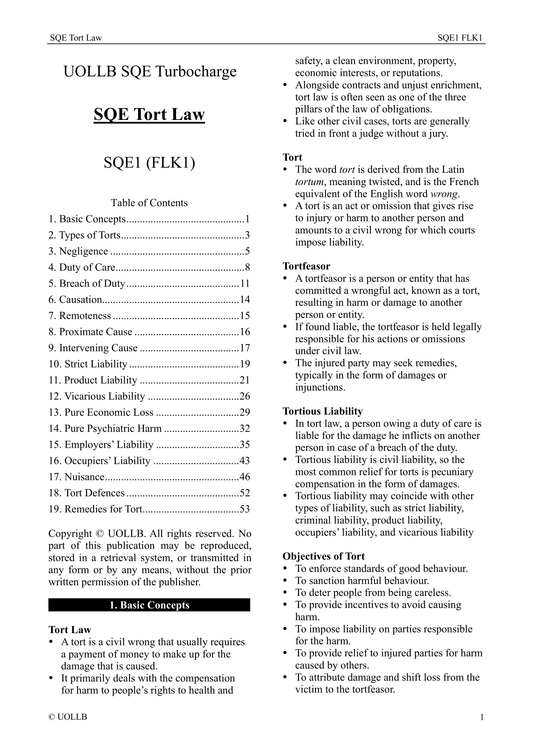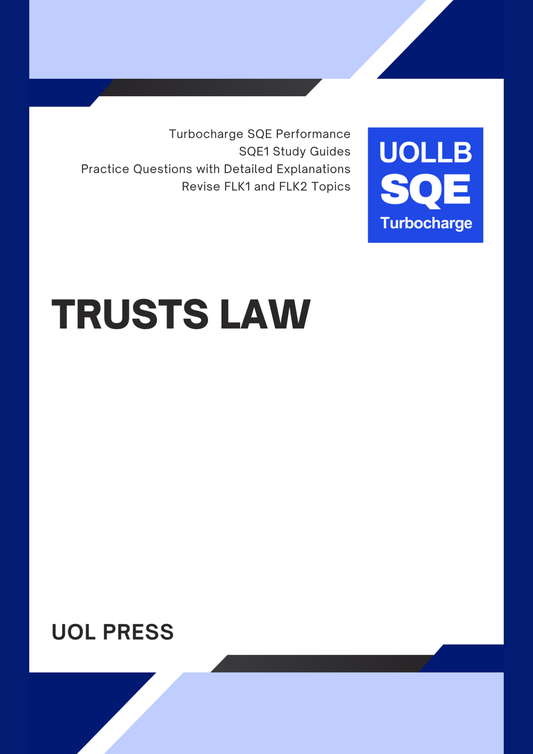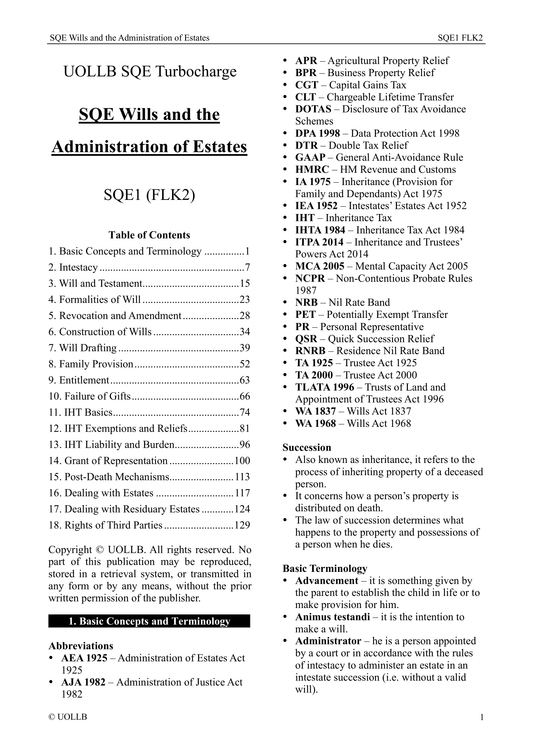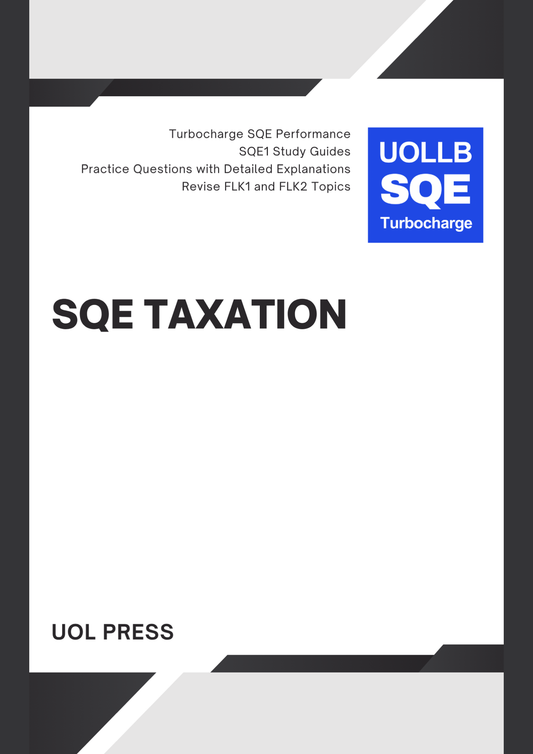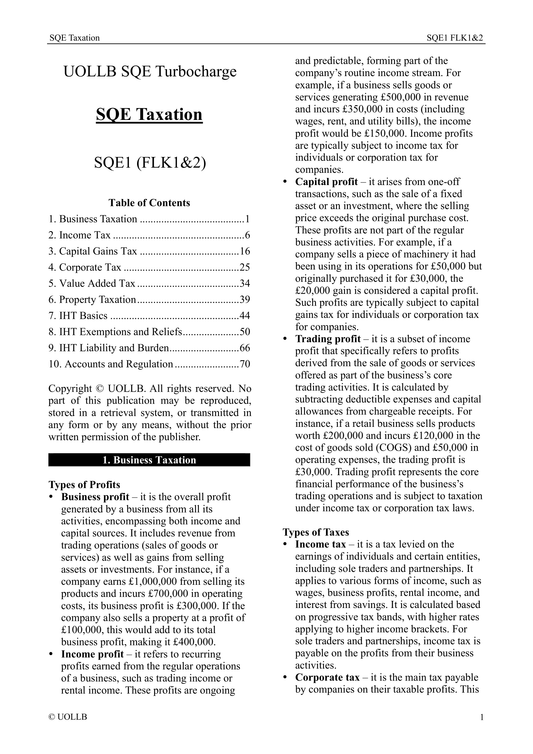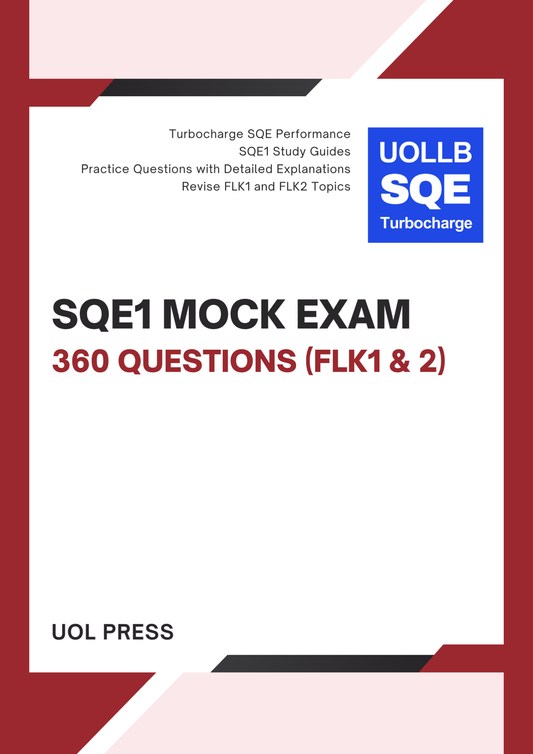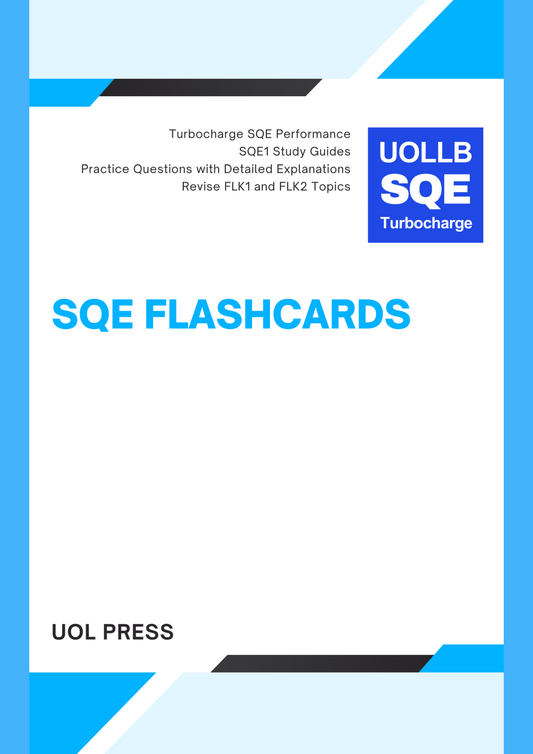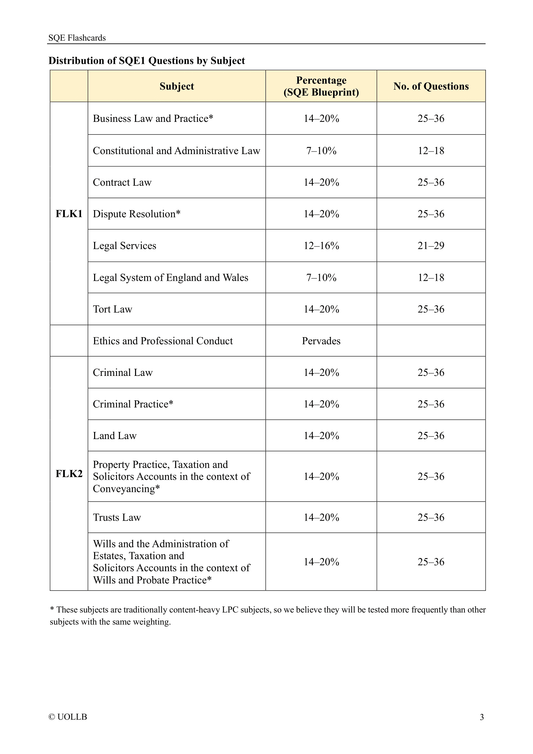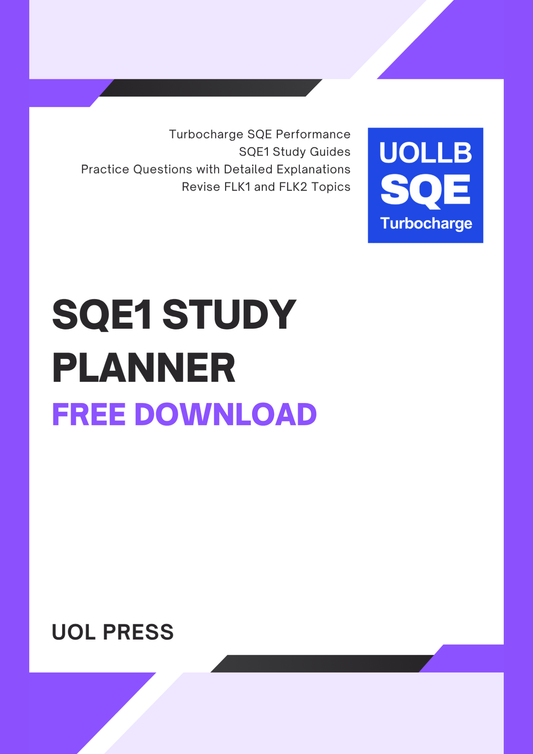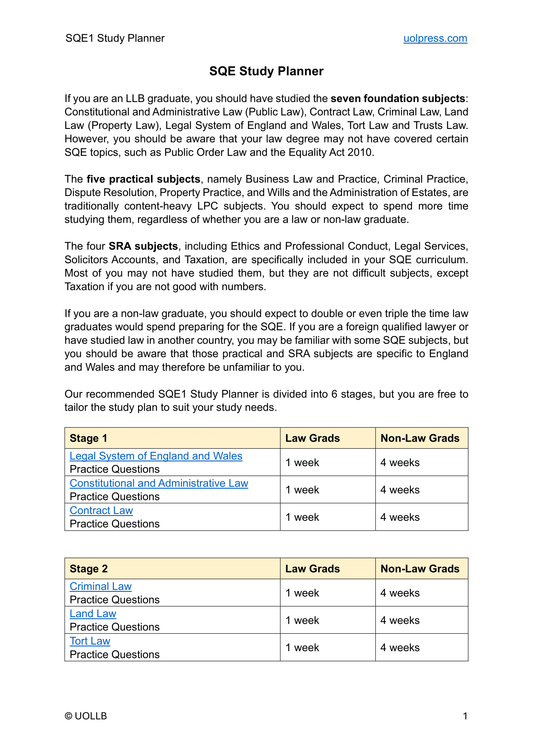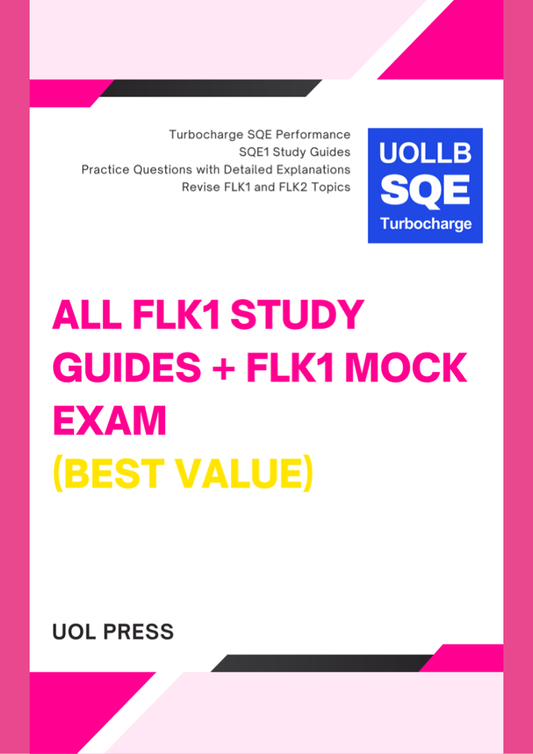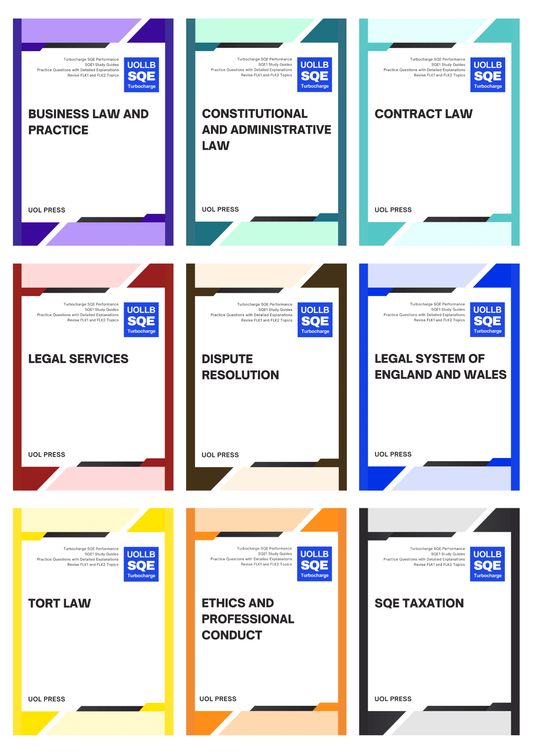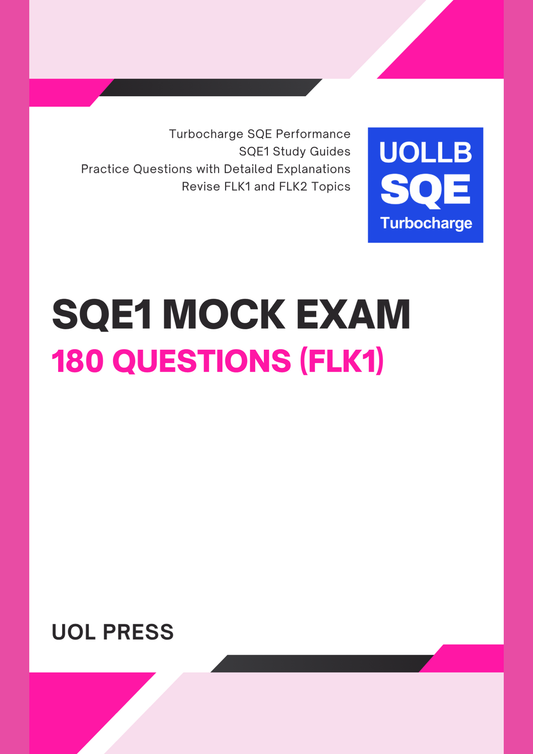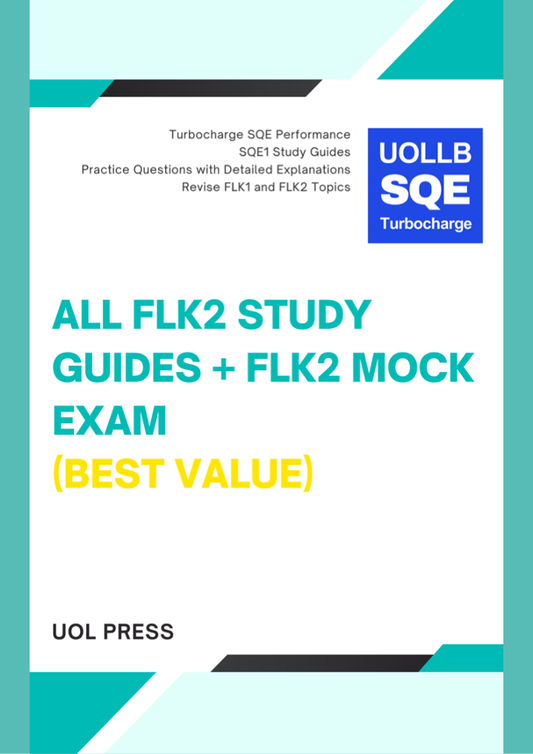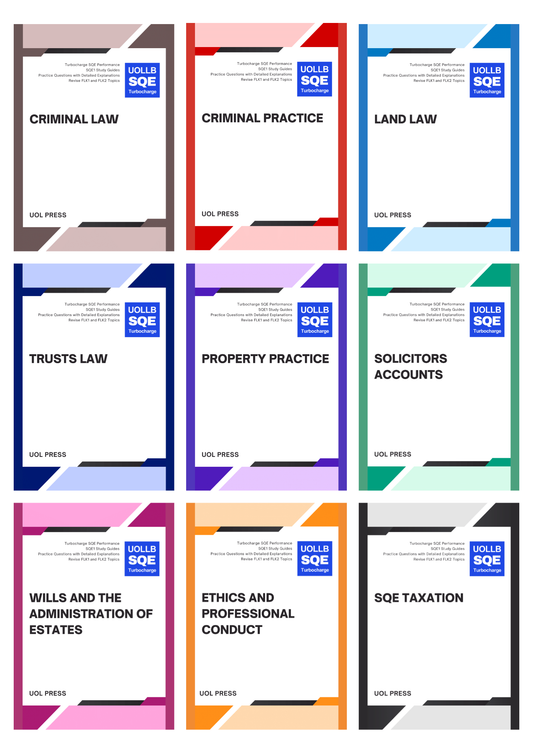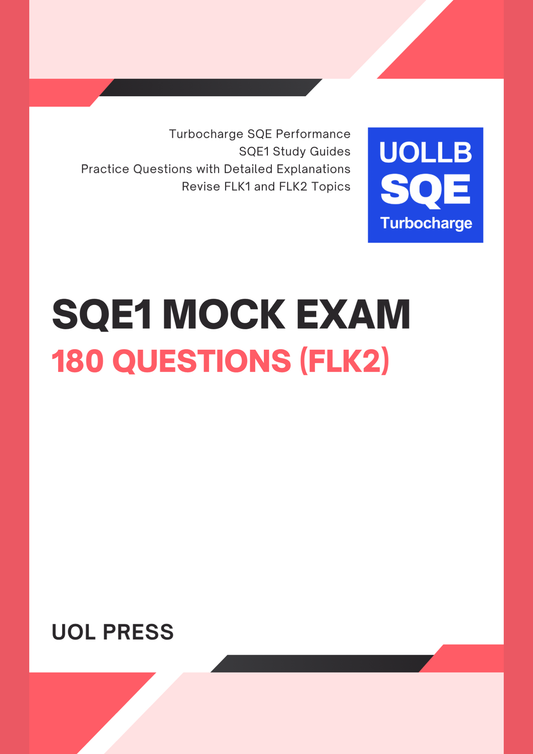Is GDL or PGDL Enough for SQE?
Share
The short answer is no. For non-law graduates aspiring to become solicitors, the Graduate Diploma in Law (GDL) and the newer Postgraduate Diploma in Law (PGDL) is not an appropriate pathway for you to transition into the legal profession. Although these programmes provide a condensed legal education, enabling you to acquire foundational knowledge of core legal principles, they are very expensive and does not fully prepare you for the SQE due to significant differences in the curriculum and their intended learning outcomes.
The GDL and PGDL are intensive academic programmes designed to convert non-law graduates into law graduates. They condense the core elements of an undergraduate law degree into a one-year (full-time) or two-year (part-time) course. These programmes typically cover foundational areas such as Contract Law, Criminal Law, Tort Law, Trusts Law, Land Law, Public Law, and EU Law. The objective is to provide a broad overview of these subjects, enabling you to develop a strong theoretical understanding of legal principles. Although these are vital for any legal career, the GDL and PGDL are primarily academic and do not prepare students for the practical aspects of legal practice.
In contrast, the SQE curriculum is practice-oriented and focuses on assessing the skills and knowledge necessary for day-to-day legal work. SQE1 tests a candidate’s ability to apply functional legal knowledge in core practice areas, while SQE2 evaluates practical skills such as client interviewing, advocacy, drafting, legal research, and case analysis. The SQE also places significant emphasis on professional conduct, solicitor-specific ethics, and procedural knowledge in areas, such as Civil Litigation, Criminal Litigation, and Solicitors Accounts. These topics are either minimally covered or entirely absent in the GDL or PGDL.
One of the major differences between the GDL/PGDL and the SQE is the breadth and depth of practice-oriented content in the latter. Although the GDL and PGDL provide an academic foundation, the SQE delves into practical areas such as Business Law and Practice, Property Practice, and Wills and Administration of Estates. For example, you will study the general principles of property law in GDL or PGDL, but you are unlikely to learn how to handle conveyancing transactions or draft documents commonly used in property practice. Similarly, while the GDL and PGDL might teach the elements of a valid contract, they do not equip you with the practical skills to advise clients, negotiate agreements, or draft contracts in a commercial setting.
Another critical difference is the assessment style and focus. The GDL/PGDL assessments typically involve essays, problem questions, and exams that test academic understanding and legal reasoning. In contrast, SQE1 uses multiple-choice questions (MCQs) that require you to apply legal knowledge in practical scenarios. SQE2 further assesses practical skills through simulated client interactions, advocacy exercises, and other hands-on tasks. This shift from theoretical assessments to practical evaluations highlights the SQE’s focus on readiness for legal practice, which is not addressed by the GDL/PGDL.
Additionally, the SQE incorporates the SRA Principles, Codes of Conduct, Transparency Rules, Indemnity Insurance Rules, and Financial Services Rules, which are essential for professional practice but are not included in the GDL/PGDL curriculum. These principles ensure that solicitors meet high standards of integrity, professionalism, and compliance. The absence of these elements in the GDL/PGDL means that you must undertake further training to meet the SQE requirements.
Moreover, the SQE curriculum includes procedural and technical subjects such as Solicitors Accounts, Dispute Resolution, Property Practice, and Criminal Litigation, which are rarely, if ever, addressed in the GDL and PGDL. These areas are crucial for day-to-day legal practice, as they involve the practical application of law in real-world scenarios. For example, the SQE requires you to understand and apply procedural rules in litigation cases and demonstrate the ability to manage client funds according to strict regulatory requirements.
In short, although the GDL and PGDL provide a valuable academic foundation for non-law graduates, they do not prepare you for the practical, procedural, and professional demands of the SQE. The SQE represents a significant shift in solicitor training, emphasising practice readiness and professional competence. For these reasons, you are advised to supplement your preparation with targeted SQE-specific study guides, such as our UOLLB SQE Turbocharge, to bridge the gap in knowledge and practical skills.
The GDL and PGDL are intensive academic programmes designed to convert non-law graduates into law graduates. They condense the core elements of an undergraduate law degree into a one-year (full-time) or two-year (part-time) course. These programmes typically cover foundational areas such as Contract Law, Criminal Law, Tort Law, Trusts Law, Land Law, Public Law, and EU Law. The objective is to provide a broad overview of these subjects, enabling you to develop a strong theoretical understanding of legal principles. Although these are vital for any legal career, the GDL and PGDL are primarily academic and do not prepare students for the practical aspects of legal practice.
In contrast, the SQE curriculum is practice-oriented and focuses on assessing the skills and knowledge necessary for day-to-day legal work. SQE1 tests a candidate’s ability to apply functional legal knowledge in core practice areas, while SQE2 evaluates practical skills such as client interviewing, advocacy, drafting, legal research, and case analysis. The SQE also places significant emphasis on professional conduct, solicitor-specific ethics, and procedural knowledge in areas, such as Civil Litigation, Criminal Litigation, and Solicitors Accounts. These topics are either minimally covered or entirely absent in the GDL or PGDL.
One of the major differences between the GDL/PGDL and the SQE is the breadth and depth of practice-oriented content in the latter. Although the GDL and PGDL provide an academic foundation, the SQE delves into practical areas such as Business Law and Practice, Property Practice, and Wills and Administration of Estates. For example, you will study the general principles of property law in GDL or PGDL, but you are unlikely to learn how to handle conveyancing transactions or draft documents commonly used in property practice. Similarly, while the GDL and PGDL might teach the elements of a valid contract, they do not equip you with the practical skills to advise clients, negotiate agreements, or draft contracts in a commercial setting.
Another critical difference is the assessment style and focus. The GDL/PGDL assessments typically involve essays, problem questions, and exams that test academic understanding and legal reasoning. In contrast, SQE1 uses multiple-choice questions (MCQs) that require you to apply legal knowledge in practical scenarios. SQE2 further assesses practical skills through simulated client interactions, advocacy exercises, and other hands-on tasks. This shift from theoretical assessments to practical evaluations highlights the SQE’s focus on readiness for legal practice, which is not addressed by the GDL/PGDL.
Additionally, the SQE incorporates the SRA Principles, Codes of Conduct, Transparency Rules, Indemnity Insurance Rules, and Financial Services Rules, which are essential for professional practice but are not included in the GDL/PGDL curriculum. These principles ensure that solicitors meet high standards of integrity, professionalism, and compliance. The absence of these elements in the GDL/PGDL means that you must undertake further training to meet the SQE requirements.
Moreover, the SQE curriculum includes procedural and technical subjects such as Solicitors Accounts, Dispute Resolution, Property Practice, and Criminal Litigation, which are rarely, if ever, addressed in the GDL and PGDL. These areas are crucial for day-to-day legal practice, as they involve the practical application of law in real-world scenarios. For example, the SQE requires you to understand and apply procedural rules in litigation cases and demonstrate the ability to manage client funds according to strict regulatory requirements.
In short, although the GDL and PGDL provide a valuable academic foundation for non-law graduates, they do not prepare you for the practical, procedural, and professional demands of the SQE. The SQE represents a significant shift in solicitor training, emphasising practice readiness and professional competence. For these reasons, you are advised to supplement your preparation with targeted SQE-specific study guides, such as our UOLLB SQE Turbocharge, to bridge the gap in knowledge and practical skills.
